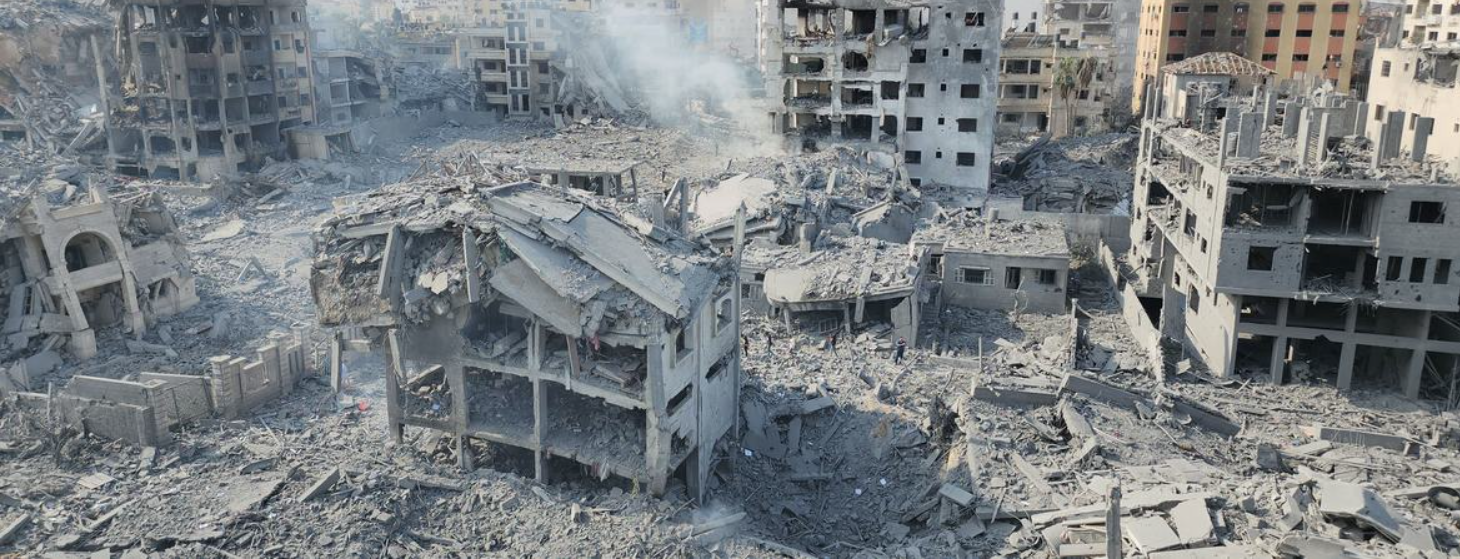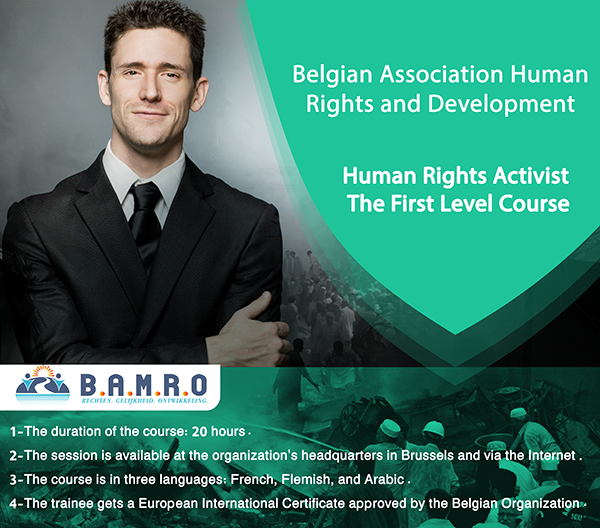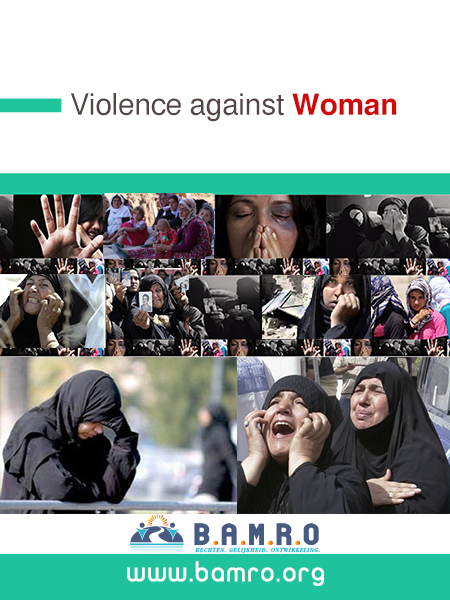Vote
-
For further training via the Zoom program or at our office? ?
Register a
Violation
We you
Contact youS.O.S.
0032 02 7322568
5,500 women in Gaza set to give birth ‘in race against death
In just a matter of weeks, some 5,500 women are due to give birth in Gaza, where doctors in overstretched hospitals are delivering babies with little or no anaesthesia - sometimes by the light of mobile phones.
As the conflict between Israel and Hamas militants enters a second month, the UN Population Fund (UNFPA) and sister agencies continue to appeal for a humanitarian ceasefire and an increase in convoys bringing food, fuel, water and other desperately needed aid into the enclave.
Laila Baker, Regional Director for the Arab States at the sexual and reproductive health agency, said she fears for the fate of new mothers and their children amid the “loss of complete humanity” in Gaza.
Supporting mums-to-be
Staff from UNFPA have been providing emergency health and safe delivery kits to mothers-to-be “when we can reach them”, she said.
She told UN News that pregnant Palestinian women fleeing bombardment are riddled with anxiety, but also hope and happiness, as they struggle to find qualified health professionals who can support them with a safe delivery.
“Put yourself in the shoes of that woman when the surgeon says to her ‘I have no anaesthesia, I don't even have water or soap to wash my hands, but I'm going to try and save your life,’” she said.
The interview has been edited for clarity and length.
Speaking from Cairo, Ms. Baker outlined why a humanitarian ceasefire and stronger international response are needed now in Gaza.
Laila Baker: If I'm truthful, I'm at a loss for words about the catastrophic situation on the ground and the loss of complete humanity in what we see in Gaza. It is an unprecedented and unparalleled brutality in the history of humanity in recent times: 2.2 million people, amongst them 50,000 pregnant women, besieged for one month. 5,500 women are going to give birth within the next few weeks. And for the 160 women who I should have said are lucky today to try and bring joy and life into this world, I fear for their lives and the lives of their children.
Over 135 health facilities have been targeted. The remaining health facilities that stay standing have very little medication, no fuel to run electricity. We've had caesarean sections for emergency deliveries that have been done with little or no anaesthesia and on occasion only with the light from a mobile phone.
So, when you ask me about what the situation is on the ground, where we have already lost 89 UN staff members - never in the history of the United Nations in such a short duration and one single event have we lost that many staff members.
And yet, the world leaders seem paralyzed to be able to intervene on what is one of the most flagrant breaches of human rights and international humanitarian law - by besieging and constantly bombarding the Gaza Strip.
UN News: Several UN agencies have reiterated in a joint statement urgent appeals for an immediate humanitarian ceasefire to allow more lifesaving aid into Gaza. UNFPA is among the signatories. Can you tell us more about that joint call and its significance now?
Laila Baker: It is a significant appeal. Right now, we are putting a humanitarian bandage on what is primarily a crisis of humanity. The ceasefire is necessary and a necessary condition for two things.
One, for us to be able to enter into Gaza with the goods, unhindered and unconditionally, to be able to provide for those who have been forcibly displaced to the south, for those who are injured and overwhelming the hospital facilities, and to bring in the goods and people where we can start to at least address some of those critical humanitarian needs.
Protect life
Secondly, it's critically important that the protection of all humanitarian staff - and the sanctity of life in general - is protected.
There's no such thing as a humanitarian pause. A pause implies that you can come in, bring your things, but then we're going to bombard and then we're going to commit and continue to put that pressure on the people of Gaza. That cannot continue. It must stop immediately.
UN News: You mentioned the important point about targeting health facilities and also targeting health workers. How can that complicate the situation which is already complicated on the ground in Gaza?
Laila Baker: It’s fairly apparent, I would assume, even from a human perspective. But let me give you the situation of a pregnant woman. You're anticipating bringing a child into this world. If it's your first child, there's a mixed anxiety about what might happen during that delivery, but there's also hope and happiness.
Listings
- 1
- 2
- 3
- 4
- 5









